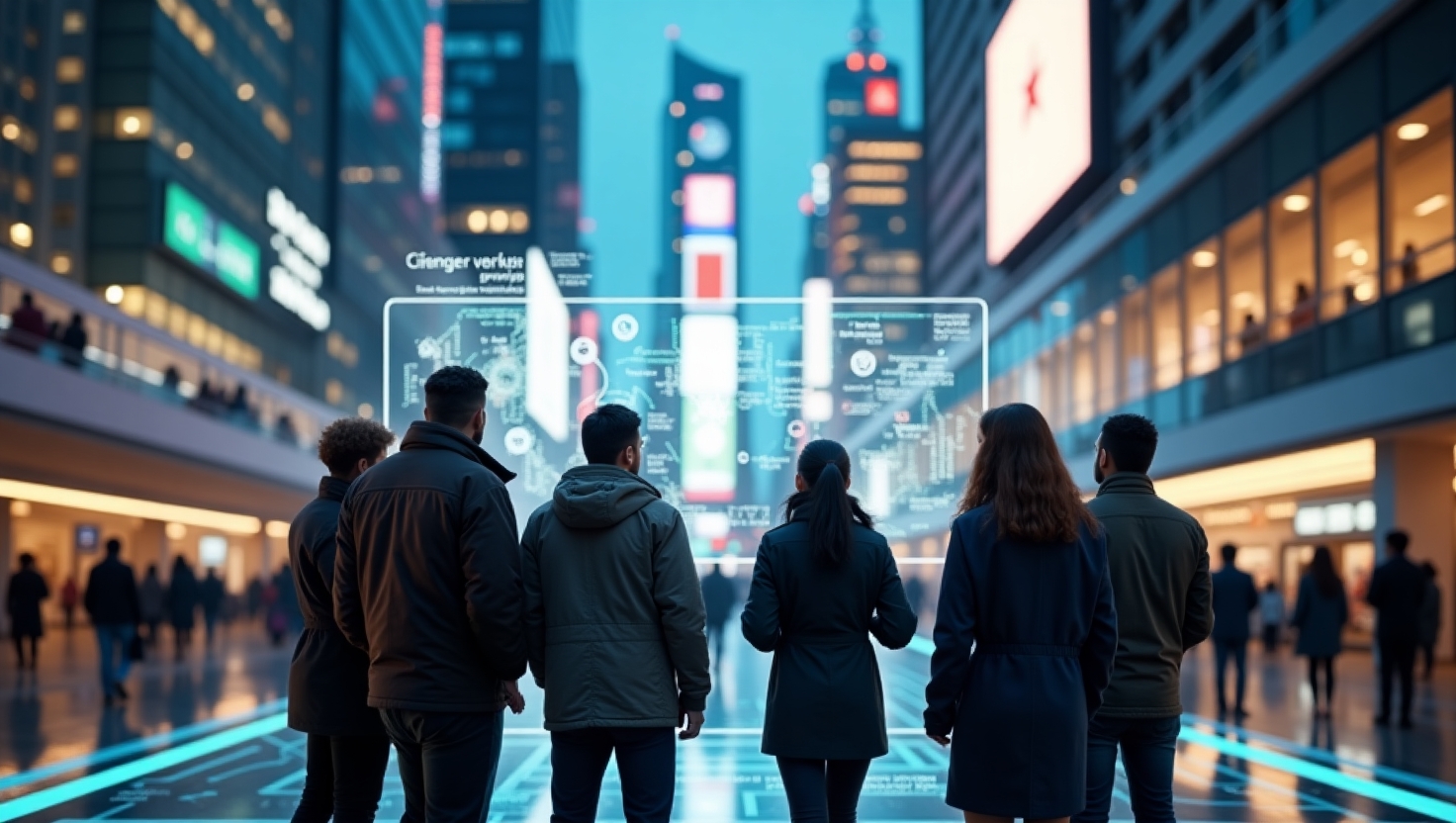AI City Management: Revolutionizing Urban Spaces for the Future
Introduction
In the ever-evolving tapestry of urban development, AI City Management emerges as a pivotal element shaping the cities of tomorrow. As urban landscapes face mounting challenges, such as population growth, resource scarcity, and environmental degradation, the infusion of AI technologies into urban planning—transforming traditional cities into Smart Cities—offers a beacon of innovative solutions. By leveraging Data-Driven Design processes, city planners and policymakers can make informed decisions resulting in more efficient, sustainable, and livable urban environments. This blog post delves into the profound significance of AI City Management and its role in modern Urban Planning.
Background
AI City Management refers to the use of artificial intelligence technologies in the planning, construction, and governance of urban areas. This approach integrates advanced data analytics, machine learning algorithms, and IoT devices to enhance city infrastructure and services. Historically, Urban Planning has transitioned from rudimentary layouts to complex architectures that champion sustainability, driven by technological breakthroughs. The emergence of Smart Cities, characterized by the embedded networks that collect and analyze data to optimize city operations, represents a natural evolution aligned with today’s technological prowess and environmental necessities. The quest for greener, smarter urban landscapes reverberates through current environmental challenges, fortifying AI’s critical role in devising efficient methods of resource management and pollution reduction.
Current Trends in AI City Management
Recent advancements in AI have profoundly influenced Urban Planning by introducing sophisticated algorithms capable of processing massive datasets. These datasets enable the identification of traffic patterns, energy consumption habits, and other urban activities, providing a blueprint for smarter cities. For instance, cities like Amsterdam and Singapore have implemented AI-driven infrastructure for traffic management and pollution monitoring, exemplifying global Smart City initiatives. Moreover, Data-Driven Design plays a crucial role in these efforts, offering a foundation for improved decision-making. The integration of AI into urban management does not only optimize current operations but also anticipates future needs, streamlining the growth and functionality of urban spaces.
Insights from Recent Case Studies
Several case studies illuminate the impact of shifting priorities in urban projects and the application of AI. For example, the US Department of Energy’s anticipated funding cuts to significant urban initiatives such as the South Texas Direct Air Capture Hub highlight potential implications for urban sustainability projects (source). Meanwhile, innovations like CRISPR technology in agriculture, specifically by companies such as Pairwise, offer parallels in sustainability efforts by introducing climate-resilient crops (source). Additionally, the expansion of AI in consumer markets, with AI toys trending in China, speaks to AI’s diverse applications and the forecasted growth of this sector to ¥100 billion ($14 billion) by 2030.
Forecasting the Future of Urban Living with AI
As AI technologies continue to evolve, the future of Urban Planning envisions smart cities rife with autonomous vehicles, AI-assisted healthcare, and resilient energy grids. These technological ecosystems will offer unprecedented adaptability and resource efficiency. It’s predicted that AI’s role in shaping sustainable urban environments will contribute to reducing carbon footprints and enhancing the quality of life. The market for AI in urban management is poised for substantial growth, mirroring trends in AI consumer products and innovative agricultural techniques.
Conclusion and Call to Action
In summary, the integration of AI in Urban Planning represents a transformative shift capable of addressing contemporary urban challenges with unrivaled precision and efficacy. By embracing AI technologies, cities can improve livability, sustainable practices, and economic prospects. We encourage readers to engage with local governance efforts on Smart City initiatives, exploring how AI can reshape their urban experiences. For further reading on AI in urban contexts, explore resources such as the MIT Technology Review source. Together, we can design cities that are not only smart but are also cities of the future.
